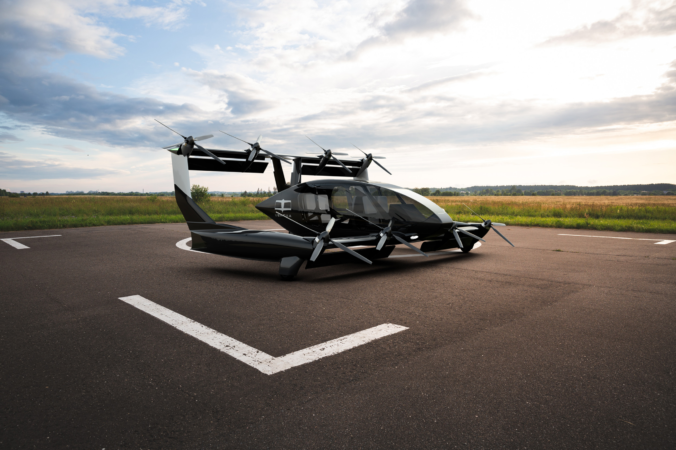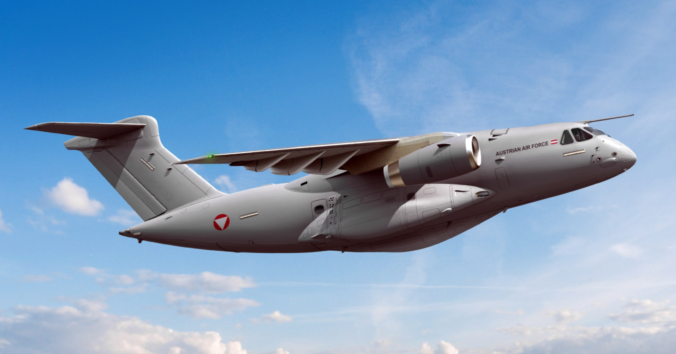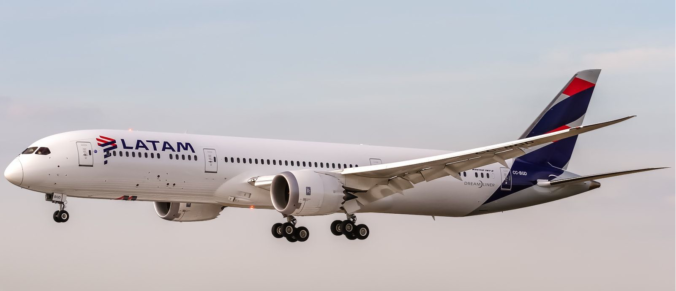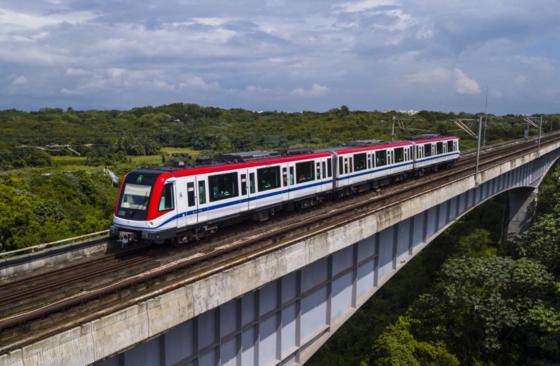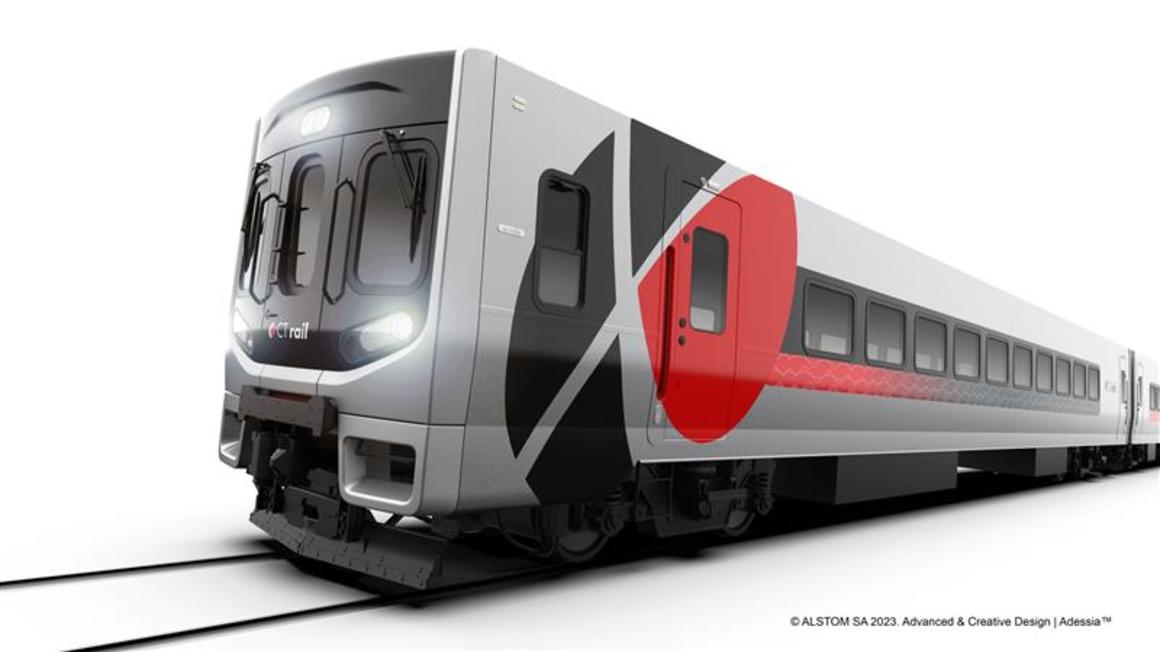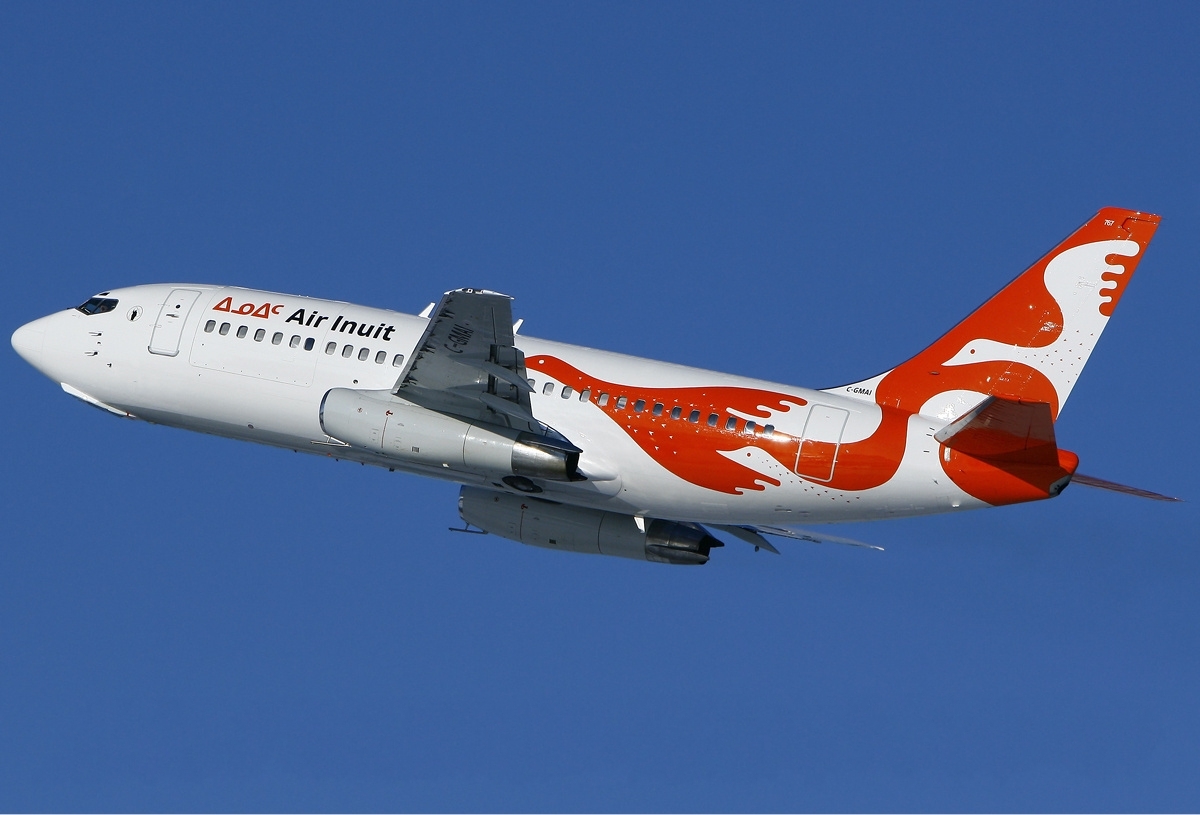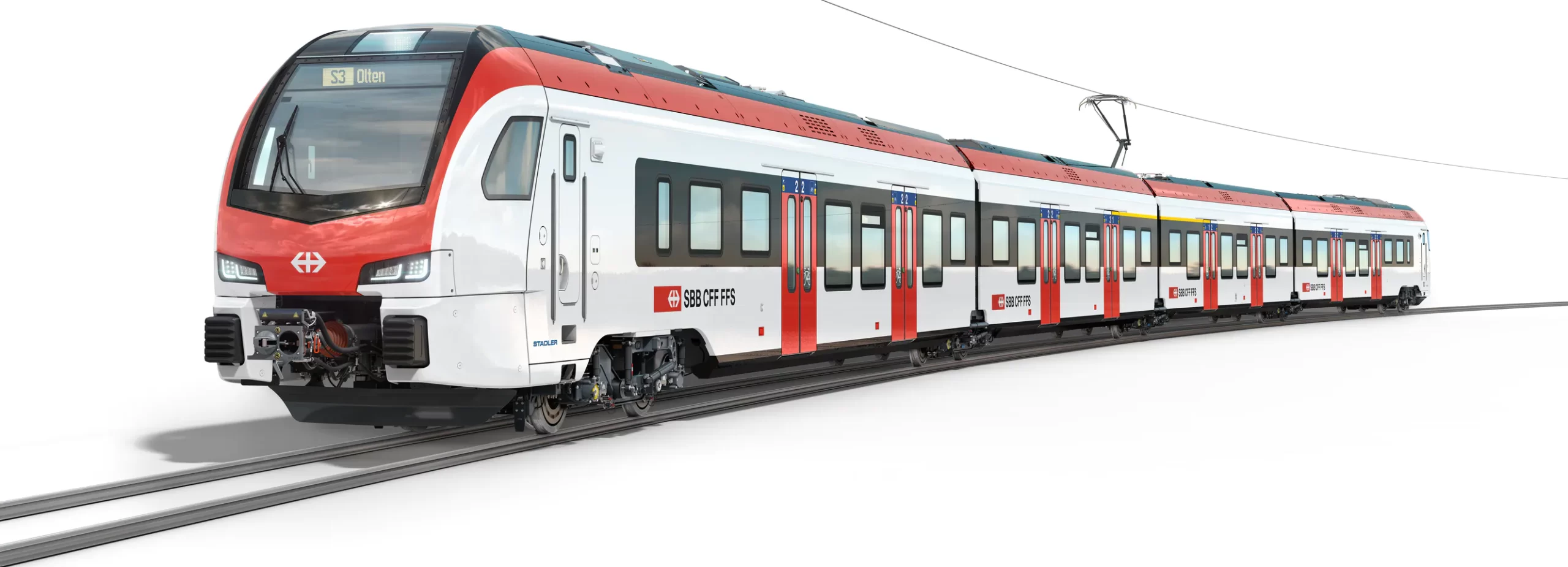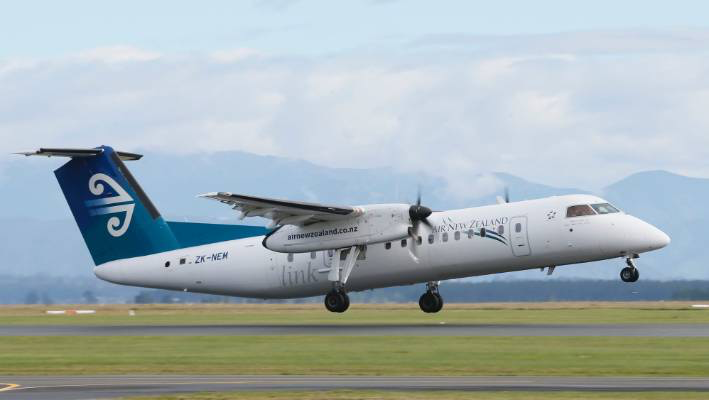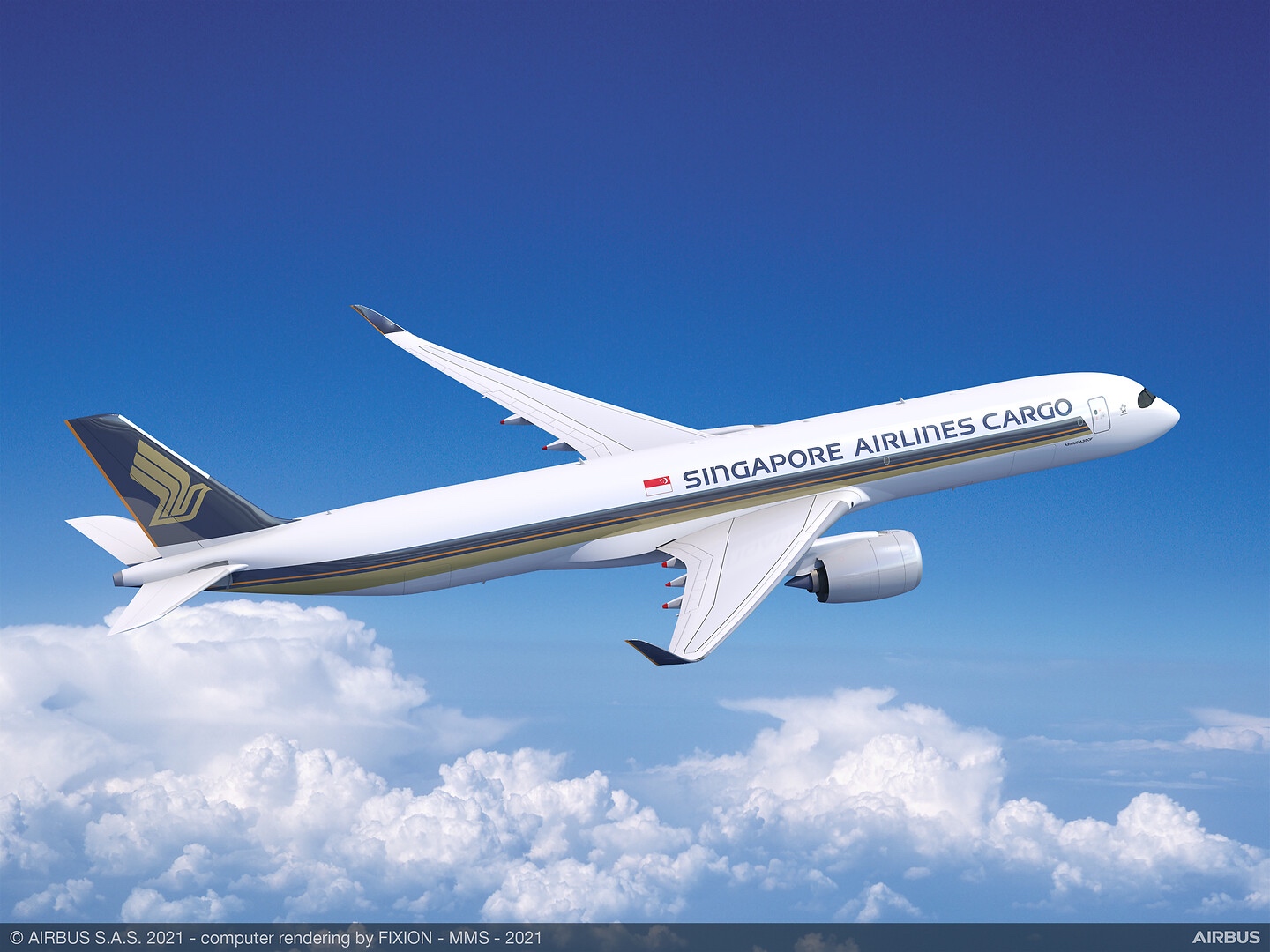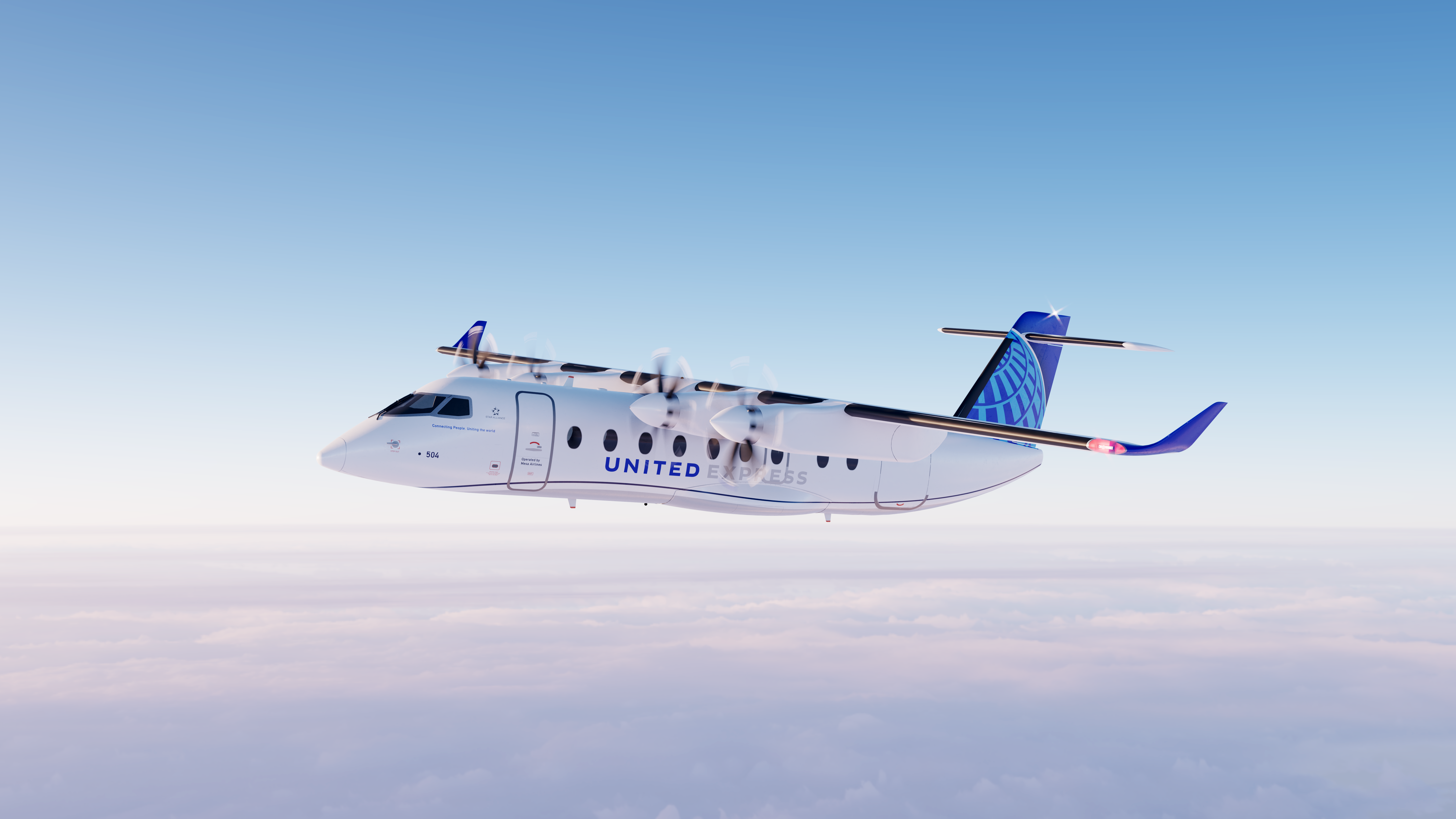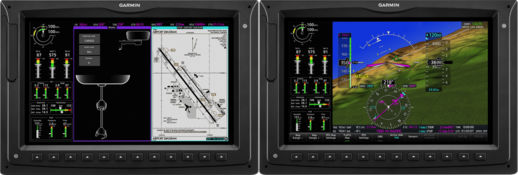Fleet Modernization
Air Inuit Ratifies an Agreement to Acquire Three Boeing Next- Generation 737-800 Aircraft to Better Serve the People of Nunavik and Beyond
Saint-Laurent, QC, July 3, 2023 – Air Inuit today announced the ratification of an agreement for the acquisition of three Boeing Next-Generation 737-800 aircraft to be added to its fleet as part of its mission to provide world-class passenger and freight service to the people of Nunavik, its Network and beyond. The aircraft will be customized using Air Inuit’s innovative combi configuration solution to provide safe and comfortable passenger service and reliable freight delivery simultaneously.
“The addition of these aircraft to our fleet enhances our capacity to efficiently transport passengers and deliver essential cargo to the communities we serve,” said Christian Busch, President and CEO of Air Inuit. “Acquiring these modern aircraft also supports our airline’s goal of reducing carbon emissions and doing our part in the fight against climate change.”
By eventually replacing the venerable Boeing 737-200 aircraft currently in service, fuel emissions will be cut by nearly 40 per cent.
The three Boeing Next-Generation 737-800 aircraft will be fitted with main deck cargo doors to meet requirements at hubs across Nunavik and beyond, which in turn service each of the communities of Air Inuit’s network.
This addition to Air Inuit’s fleet marks a milestone for the airline which was founded in 1978. “We can all be proud of this vital service which is celebrating 45 years of operation in 2023. Once again, Air Inuit is demonstrating leadership as it grows and adapts to the changing needs of the communities it serves,” said Noah Tayara, Executive Chairman of Air Inuit.
“The modernization of Air Inuit’s fleet is part of a broader initiative to fulfil its mission as an instrument of economic and social development which is wholly owned by the Nunavik
Press Release For Immediate Release

people,” said Pita Aatami, President of Makivik Corporation. “This is made possible thanks to important investments by the Inuit of Nunavik.”
The introduction of the three new aircraft will take place gradually over the next 24 months. This fleet modernization project and the growth of the region will require important governmental investments to upgrade Nunavik’s airstrips. Discussions are currently underway with stakeholders to ensure this vision is developed in accordance with the priorities of community members. Further details will be provided in the coming months.
About Air Inuit
Founded by the Inuit of Nunavik in 1978, Air Inuit, a wholly owned subsidiary of Makivik Corporation, was created to provide air connections between Nunavik’s 14 coastal villages and the South, to promote trade and to preserve Inuit culture. With more than 1,000 employees and a fleet of 30 aircraft, the Company is also committed to the development of this immense territory and the prosperity of its people by providing support to various community organizations, cultural events, educational and sports programs, as well as the implementation of employment access programs for Inuit people.


MEDIA INQUIRIES:
Tim Duboyce
Massy Forget Langlois Public Relations c: 514 604-9282
tduboyce@mflrp.ca
6005 boul de la Côte-Vertu Saint-Laurent (QC) H4S 0B1 airinuit.com
